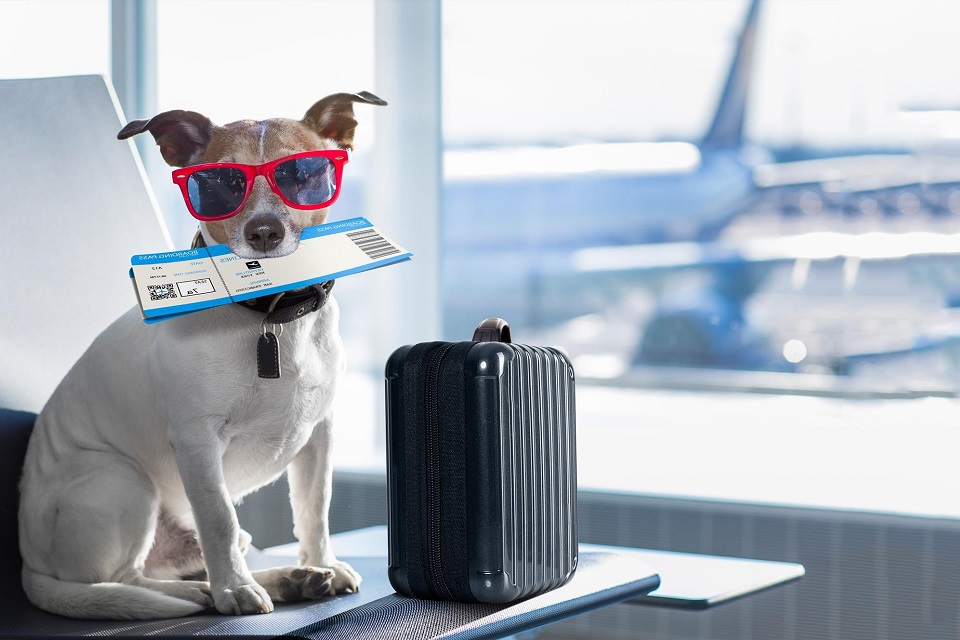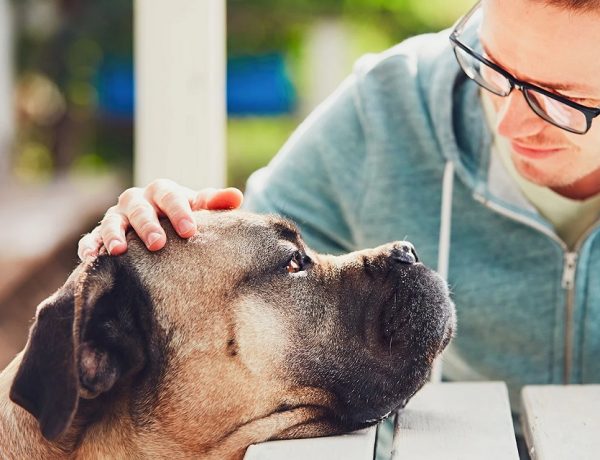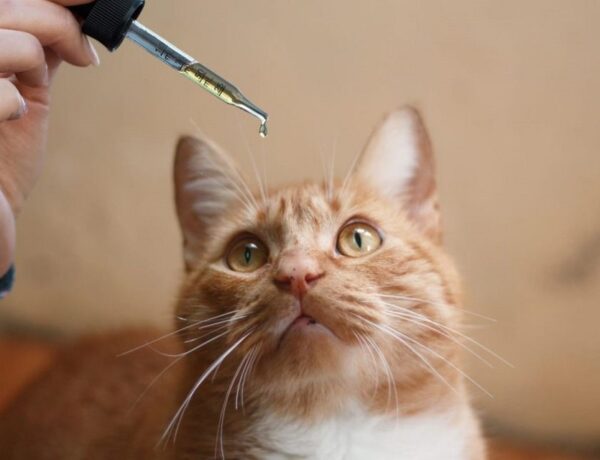Table of Contents
When transporting pets internationally or nationwide, meticulous planning and adherence to government and airline requirements are critical. A series of requirements must be completed precisely and within a given timeline.
Fees
If you’re moving to a different country with your pet, you must arrange international pet transport. Pet transport companies are experienced in relocating pets overseas and can handle all the arrangements. They’ll book flights and prepare the necessary documentation, including a health certificate endorsed by your veterinarian. They can also provide crates or containers for your pet to use during transit. Their attention to detail and thorough approach make them a top choice for worldwide pet shipping.
Some countries require that your pet be accompanied by a ‘pet passport’ (similar to a human travel document). This accompanies your pets during their travel and contains essential information such as microchip details, vaccination records, rabies titer test results, parasite treatments, a picture of the animal, and veterinary and ownership details. Lastly, some airlines offer air cargo transport for animals that cannot fit in the cabin with their owner. Be sure to ask your relocation specialist if this service is available for your flight and if they can arrange for you to pick up your pet at the final destination. Fees associated with pet air travel vary widely and depend on many factors. Be sure to set up a consultation with an experienced pet mover to get a quote that is tailored to your specific requirements.
Health Certificate
The health certificate must be signed by your veterinarian and endorsed by the USDA if your pet travels internationally. The certification must include your pet’s microchip number, vaccine information (name, manufacturer, date of vaccination, batch number, and expiration date), and a statement that the animal is free from infectious diseases and meets import requirements for the country it is going to. The veterinarian must also certify that your pet is fit for air travel and will not be stressed or anxious during the flight. In addition, the veterinarian must assess whether your pet can cope with being confined in a cargo hold for long periods during international flights. This may require several exams and consultations. If your veterinarian cannot assess your pet’s suitability for air travel, a specialist may be able to help.
Rabies Vaccination
Many countries require your pet to have a valid rabies vaccine for entry. This can be a significant hurdle if you plan to bring your dog or cat home after a vacation abroad. Some airlines and destinations may also have specific vaccination requirements. Be sure to check with each airline you are considering and the local government about potential entry requirements. All pets flying to and from the United States must have rabies vaccinations. For dogs traveling in a cabin, this must be in a carrier that can fit under the seat in front of you. Getting your pet used to the carrier beforehand helps reduce any fright and discomfort caused by being in a foreign, enclosed space.
Microchipping
Microchips are small implants that contain your pet’s identification information. A microchip scanner reads the chip’s radio frequency to identify its manufacturer and ID number. Microchipping is a requirement for flying pets as checked baggage or cargo. A veterinarian can microchip your pet during a routine veterinary office visit or when your pet is already under anesthesia for a health procedure. You must keep your contact information updated with the microchip database to ensure you can be contacted should your pet become lost during transport. It is also good to affix a travel label to your pet’s carrier with your name, permanent home address and telephone number, and the final destination where you or a contact person can be reached.
Health Examination
Before your pet flies, it must have a thorough pet exam by a vet. This is an excellent opportunity to ensure that your pet’s vaccines are up to date and that they aren’t suffering from an illness that could be exacerbated by flight stress. It is also a chance for your vet to check the fit of their carrier, especially if they will be traveling as cargo. Getting your pet used to their shipping kennel ahead of time can help reduce frightened behavior during transit. Some countries require an international animal health export certificate (a veterinary health certificate, a veterinary passport, or a USDA-endorsed certificate). You should consult your destination country’s requirements for more information.





No Comments